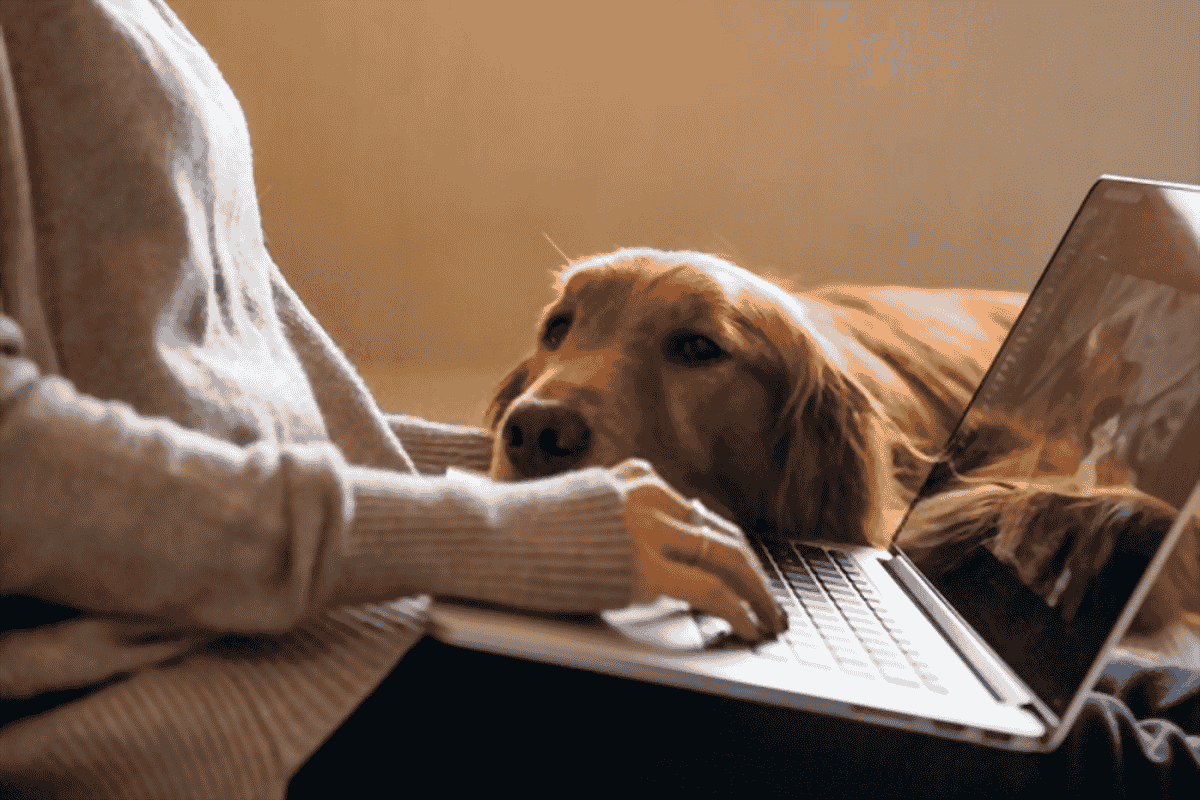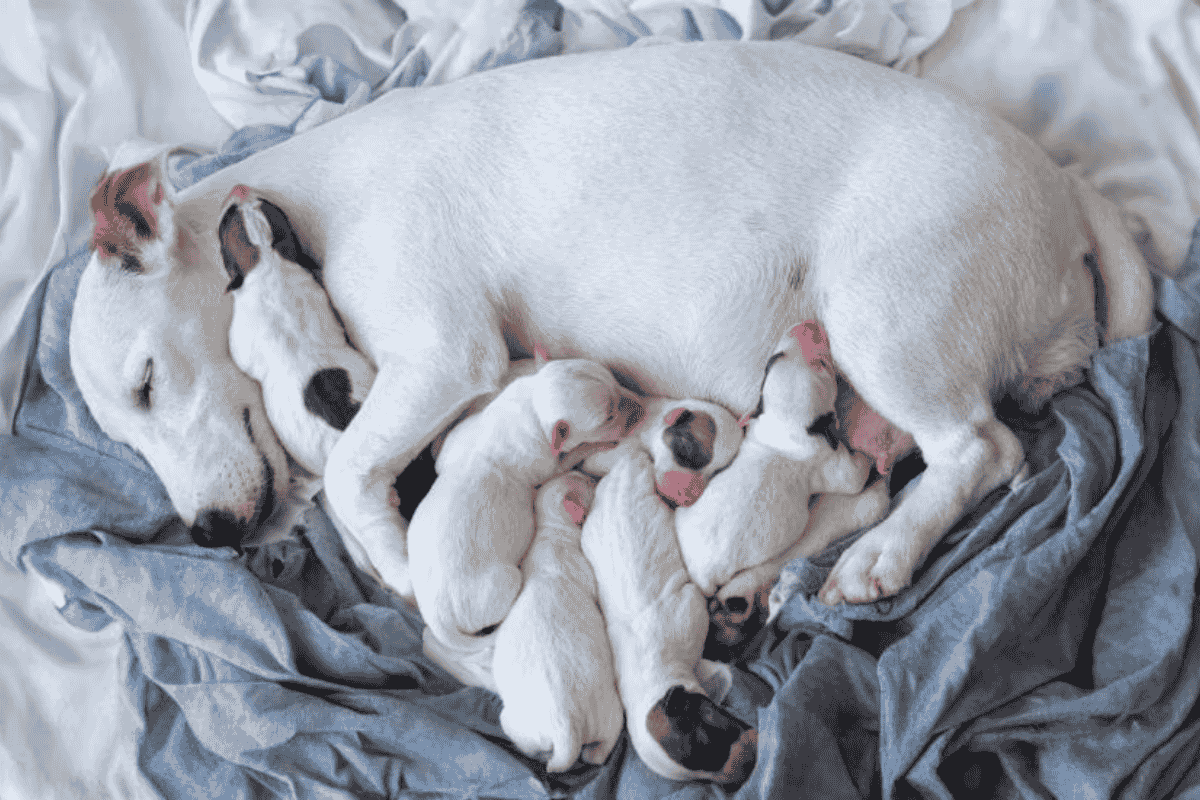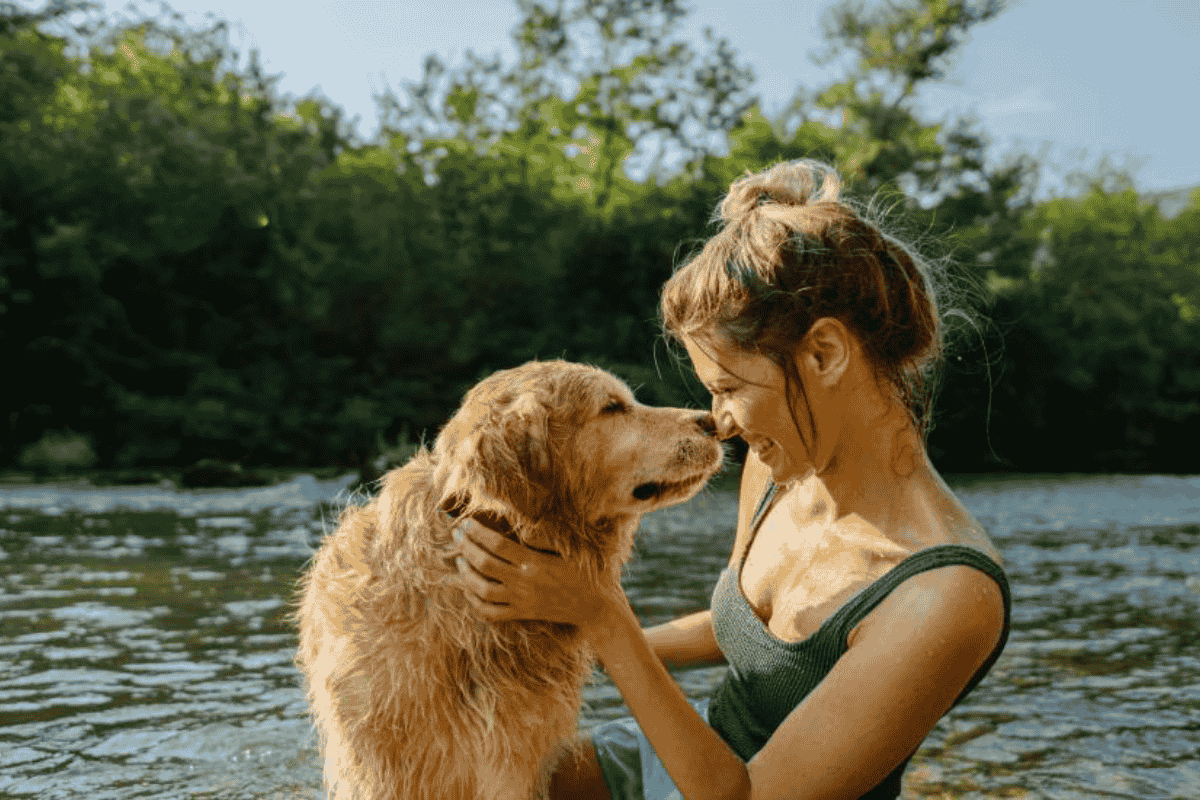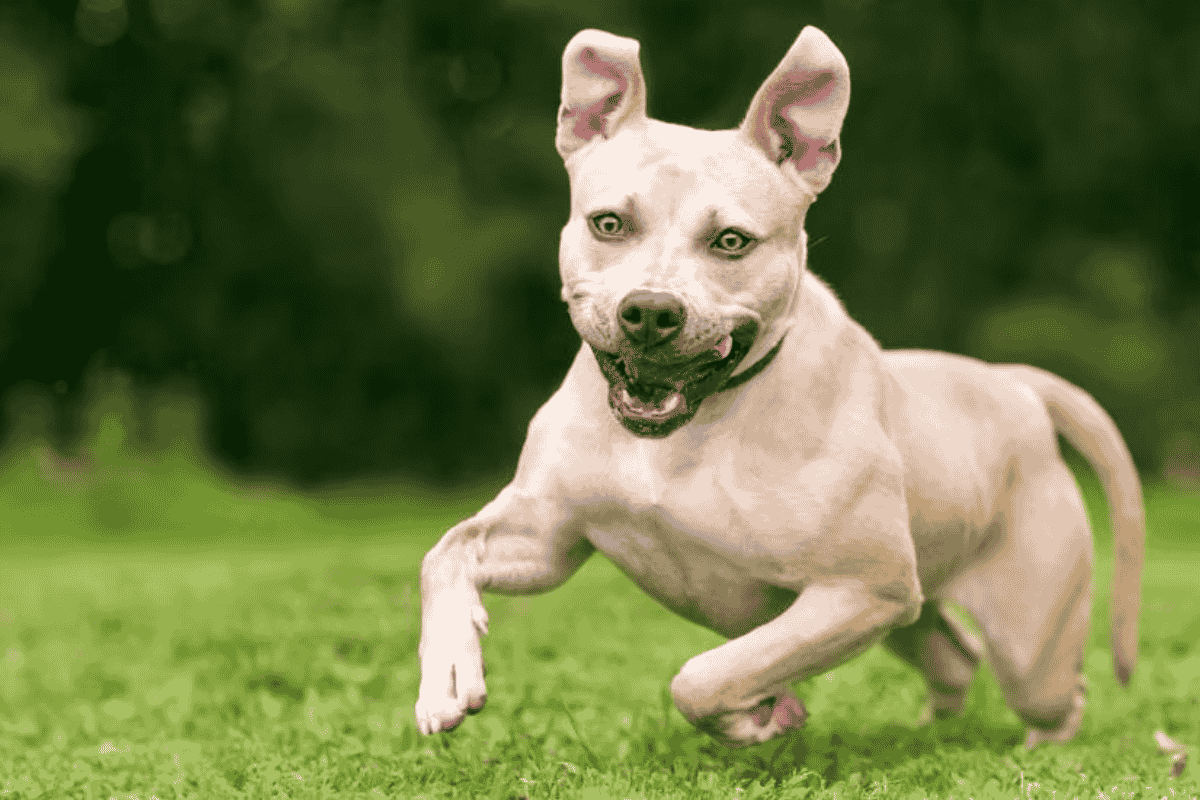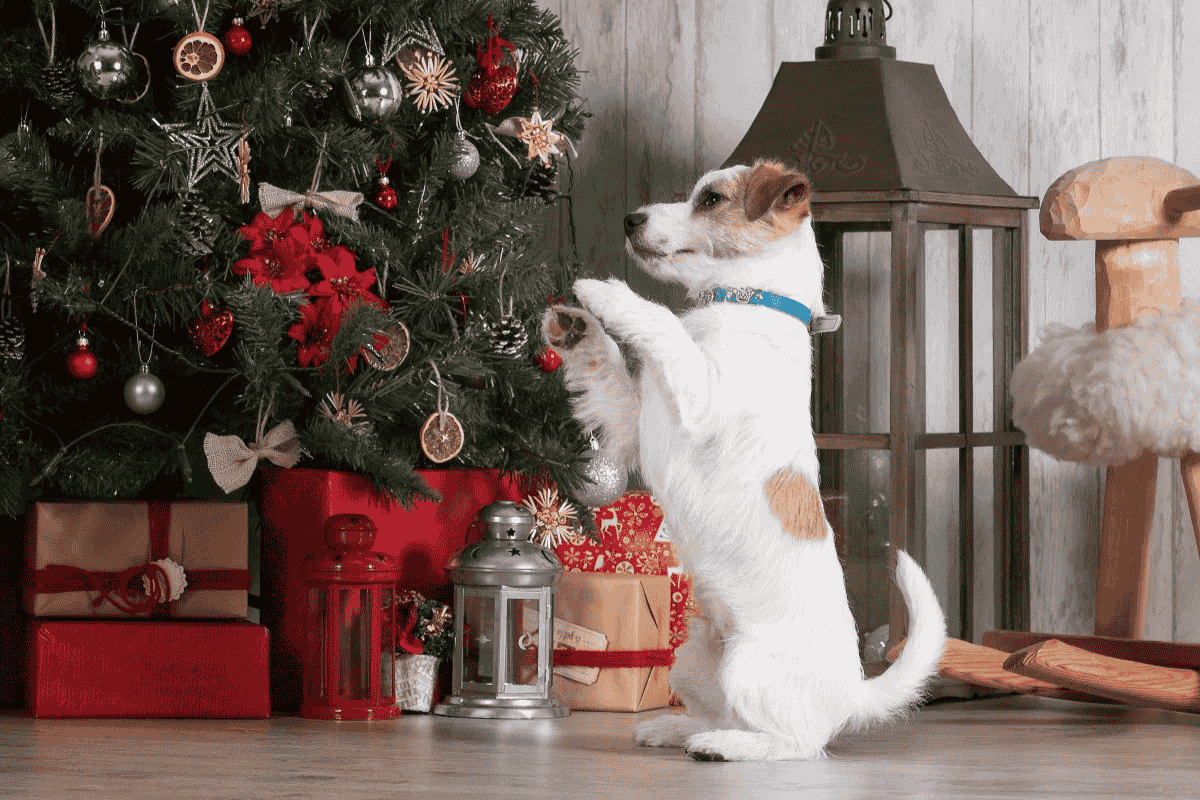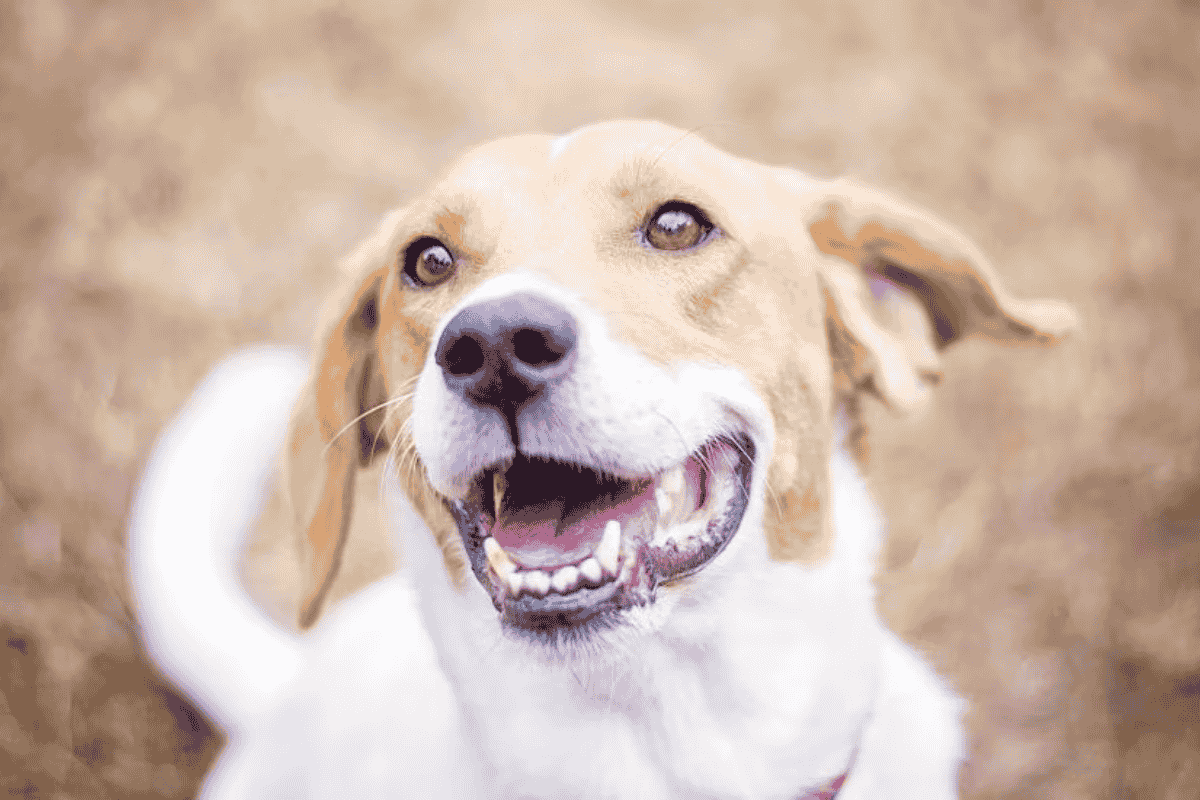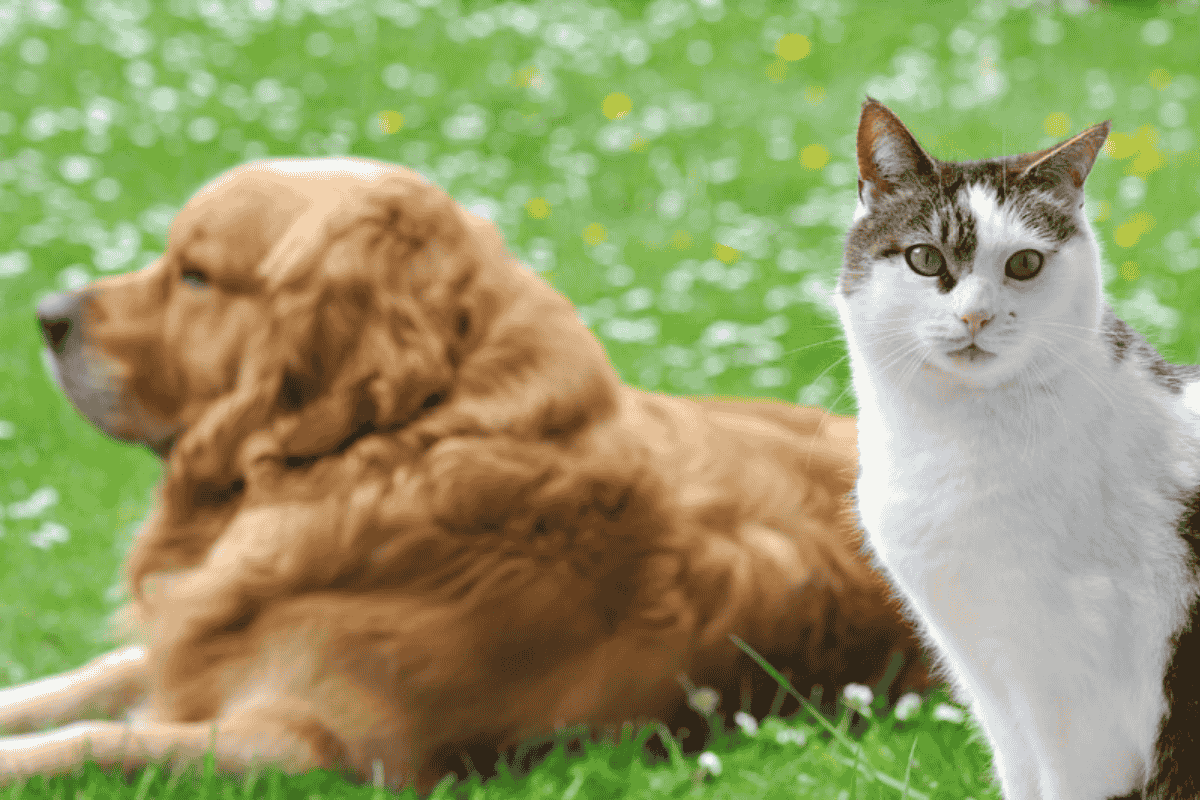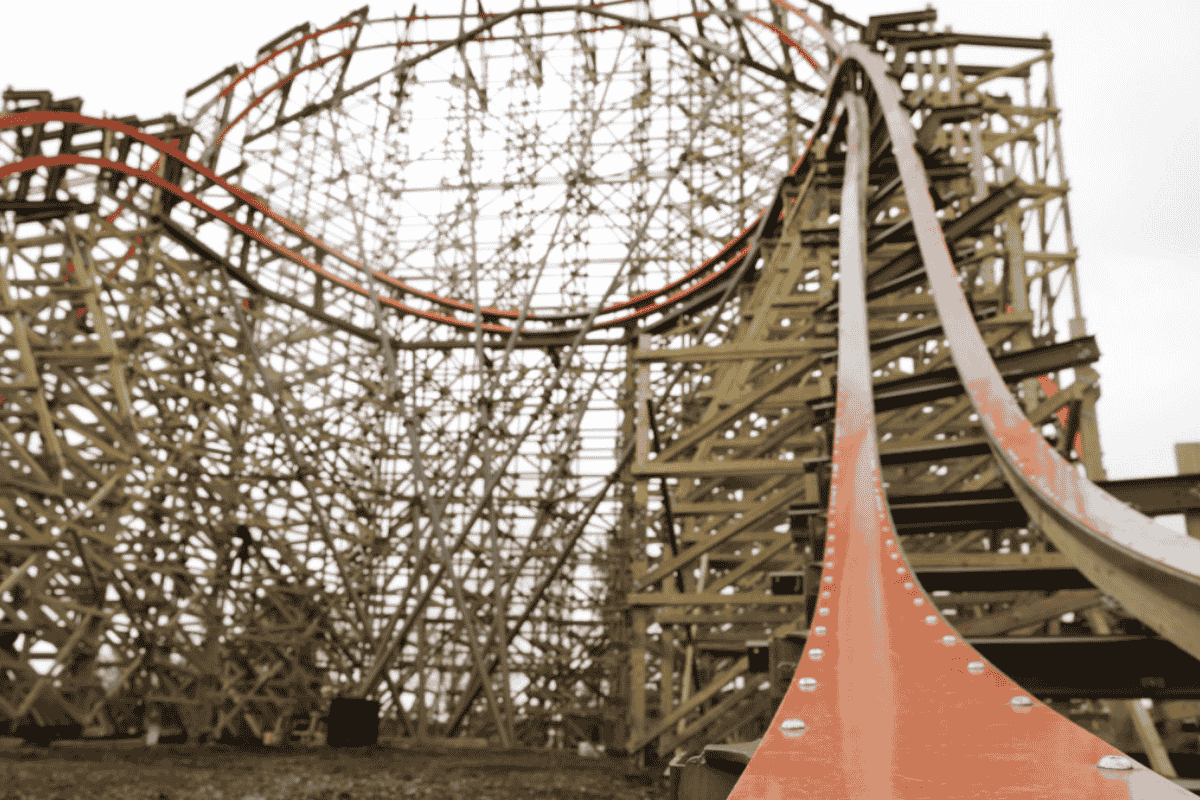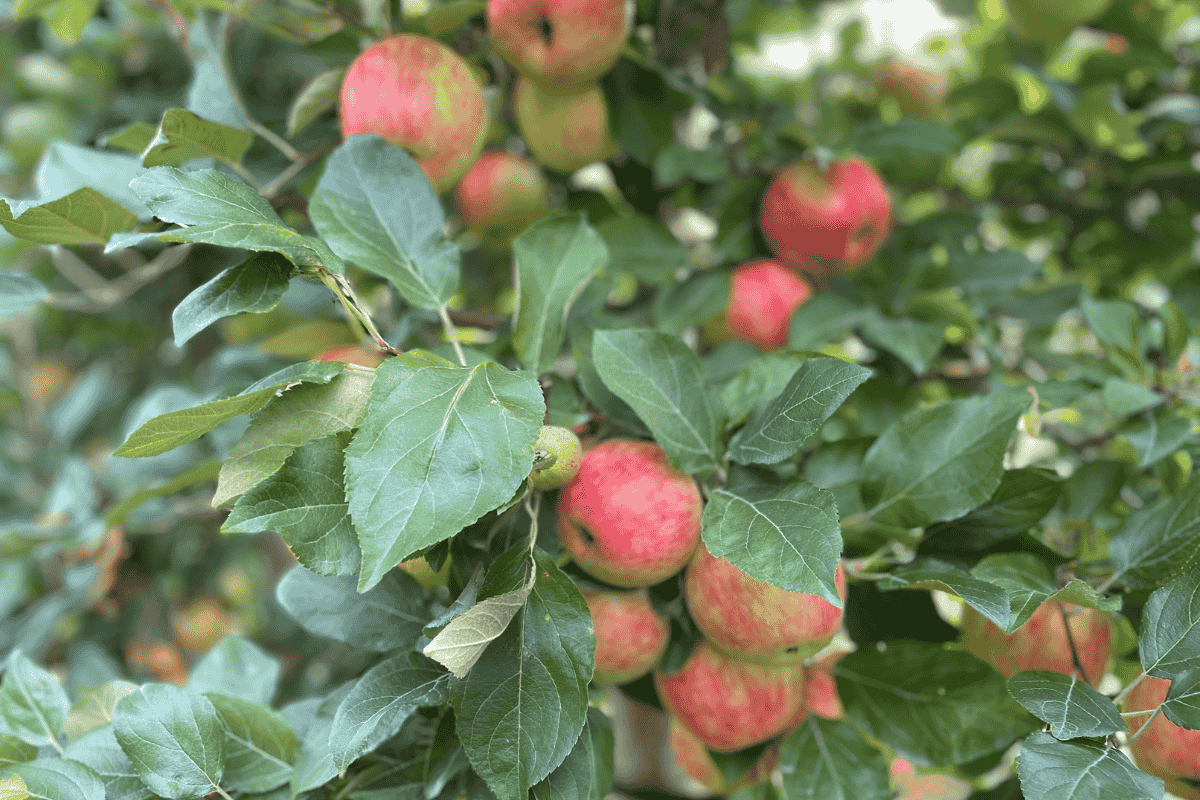Have you recently adopted a shy dog or noticed your once-quiet life with your pup has become busier? Some dogs adapt quickly to new routines, while others need extra support.
With guidance from Best Friends Animal Society’s Dr. Carley Faughn, here are practical tips to help dogs adjust to more social interaction and new adventures.
Helping Dogs Socialize
Not every dog is a natural social butterfly. Some may be comfortable at home but wary of new people or situations. These strategies can help build positive experiences:
- Walk with friends: Invite a friend to join you and your dog on a walk. Have your friend toss treats instead of trying direct introductions. Each time your dog looks at them, reward with another treat to build positive associations.
- Host visitors: When guests come to your home, let them toss treats or play a quick game with your dog. If you have multiple pets, offer treats separately to avoid conflict.
- Use the “look at that” training plan: This technique helps dogs gradually become more comfortable with new people and environments.
- Seek professional help if needed: If your dog’s behavior includes lunging, growling, or more serious issues, contact a certified pet behavior consultant. Basket muzzle training can also provide an added layer of safety while still allowing your dog to receive treats.
Traveling With Dogs
Travel can be overwhelming for dogs who aren’t used to it. Preparation is key:
- Start small: Take short car rides before attempting long trips. Gradually build up your dog’s tolerance for time in the car.
- Plan accommodations: Ask whether your hotel requires stairs or elevators, and practice these at home if needed. If your dog struggles, request a first-floor room.
- Practice crate training: If your dog will spend time alone in a hotel or rental, bring a crate and safe toys. Make sure your pup is already crate-trained before you go.
- Keep up with training cues: Basic commands like sit, stay, and come provide consistency and comfort, even in new environments. Practice these cues both at home and when out to help your dog feel secure in unfamiliar places.
Building Confidence Through Routine
Ultimately, dogs thrive on routine and consistency. By combining patience, training, and positive reinforcement, you can help your pup feel more at ease in social situations and while traveling.
The world may seem intimidating to them, but your love and steady guidance can make all the difference.
